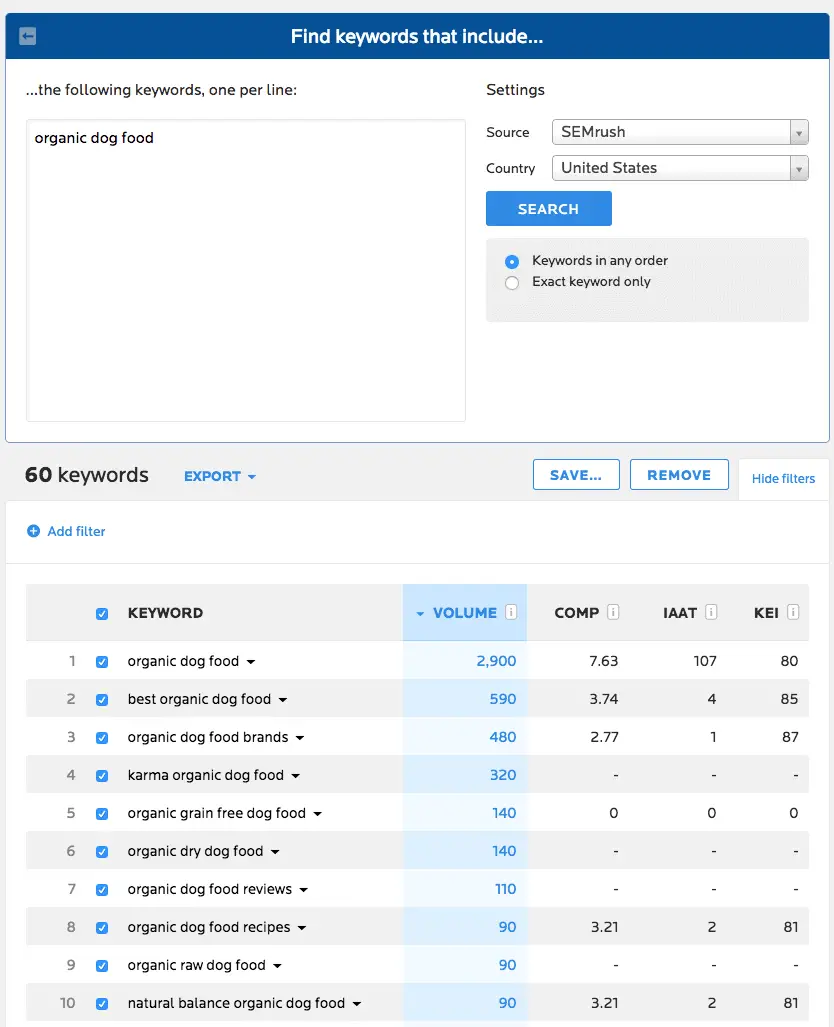Backlinking is one of the most important and most overlooked techniques (by newcomers to SEO) in search engine optimization. Understanding how it works and how to do it will help you grow your site traffic quicker than any other SEO tactic.
What is backlinking?
It’s the process of getting other websites to link to your website. And it’s very important because search engines like Google and Bing use these links to decide how valuable your website is. Each third-party site that links to one of your web page is a vote of confidence.
High number of credible third party links = site popularity = top search engine ranking on Google and Bing
An easy way to think of in-linking is to call it a referral. Think of it like this: Would you be more likely to go to the theatre to see a movie that you a) saw a preview for on TV, or b) that three of your best friends recommended? Probably the latter of the two scenarios would more likely influence your choice to go see the movie.
So, when another company puts a link to your site on their site it sends a message to search engines that your site has content that’s good enough to share. That makes it valuable. And as a result, your site moves up the search engine ranks.
5 easy ways to backlink:
1. Ask for a link. Search for similar sites that match the keywords you’d like to be ranked for. Email them and ask them to link to your site in exchange for providing free content to them. Or guest post on their site and in exchange, offer them to guest post for you.
2. Pay for a link. Find sites that get a lot of traffic from individuals in your target market. Pay them to link to your site. Or, provide them with an ad that links to your site. Text links in the body of an article are always preferred however and are assigned a higher value to search engines.
CAUTION HERE: Some ads are coded so that they are not used by search engines as a referral link. Their web site uses no-follow tags to tell a search engine to disregard them. These have zero value for SEO purposes.
3. List in free listing resources. List your site in free business directories.
4. Make yourself available to the media. Provide your expertise to online media outlets – get interviewed. Ask that the writer link their article or show notes (in the case of broadcast) to your web site. This will help you gain major clout with search engines because media websites tend to be highly ranked.
5. Share content on social media. Share your content on social media. People who find it valuable will share it and it will get linked in blogs.
Important information about backlinking:
Be judicious about guest posting. A few years back there was a high number of SEO gurus that caught on to guest posting. Naturally, they used it to their advantage. They would provide the same article to large quantities of web sites.
Google caught on and adjusted their algorithm. They clamped down on the entire process. So now, if they decide that you are mass sharing the same article just to get links, your site will be penalized. You will actually fall down the search engine ranks.
Google counts links and actually looks at the content of the site that is linking to your site. For example, if your website is about horses and it is linked to by a site about knitting it won’t be as high a vote of confidence as another website about horses.
Google considers the position of the link. If you a third party site puts a link to your site in an article of a popular web post versus the bottom of a page that gets less attention. Google sees this as more valuable.
Create content that is good link-bait. The best links are the ones that happen naturally and organically so create content that is the best on the web. People will naturally share it especially if it’s a bit unusual and rare.
Anchor text in the link is important. If a site links to your site about dog food and presents the link as it’s url it won’t be as influential as a statement, such as linking the keywords words: “Check out this site about dog food reviews“. In this example the linked keywords tell Google what the linked site is about.
Cross-link all your web properties. Wherever you can link to your site from web sites you own.
Link inside your web site. Cross-link pages on your website. If you write a post and mention a keyword from a post you wrote on another topic, link to the post. This will also keep site visitors on your site and engaged with your brand. And it helps Google understand your content better based on the words you crosslink.
In-linking takes time but the end results is more site visitors, which could lead to more sales. It’s the third step in the process of basic search engine optimization strategy. To be most effective, you’ll also want to check out the articles on keyword research and on-page optimization.









